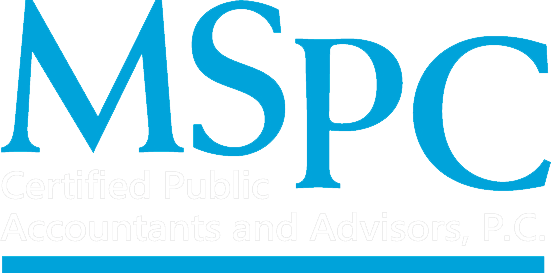In an important update released yesterday evening, the IRS has stated that PPP loans that are later forgiven do not trigger deductions. Thus, businesses that use PPP loans to pay otherwise deductible expenses, such as wages, will not be allowed those deductions to the extent that the PPP loan is forgiven.
Separately, new IRS FAQs were just released in connection with the employee retention credit. More than ninety questions were answered by the IRS, but as often happens, additional questions were raised. For example, the IRS stated that employers could not claim the credit for healthcare expenses that they continue to pay on behalf of their employees if they are not paying any other wages, while the Joint Committee on Taxation (JCT) has said that the IRS had the authority to take the opposite position. Despite this obvious conflict, taxpayers should follow the IRS’s responses to the FAQs, as even though these are not legally binding (and neither are the JCT’s comments), the IRS possesses enforcement powers.
Conflicts aside, the FAQs provide helpful guidance on various issues, including eligibility for essential businesses permitted to stay open under a government order. The IRS writes that employers operating those types of businesses generally are not considered to have fully or partially suspended operations, even though closures to other non-essential businesses may have affected their operations. Some exceptions were provided, including when an essential businesses’s suppliers are not able to deliver critical goods and materials because they have been directed to close under a government order, or when such a business is instructed by a government order to reduce its operating hours.
The IRS also elaborated on the types of wages that qualify for the credit, shed light on the reduced gross receipts test, and defined what a “government order” is for purposes of the credit.
Please contact your MSPC advisor for assistance with this new and important guidance.
